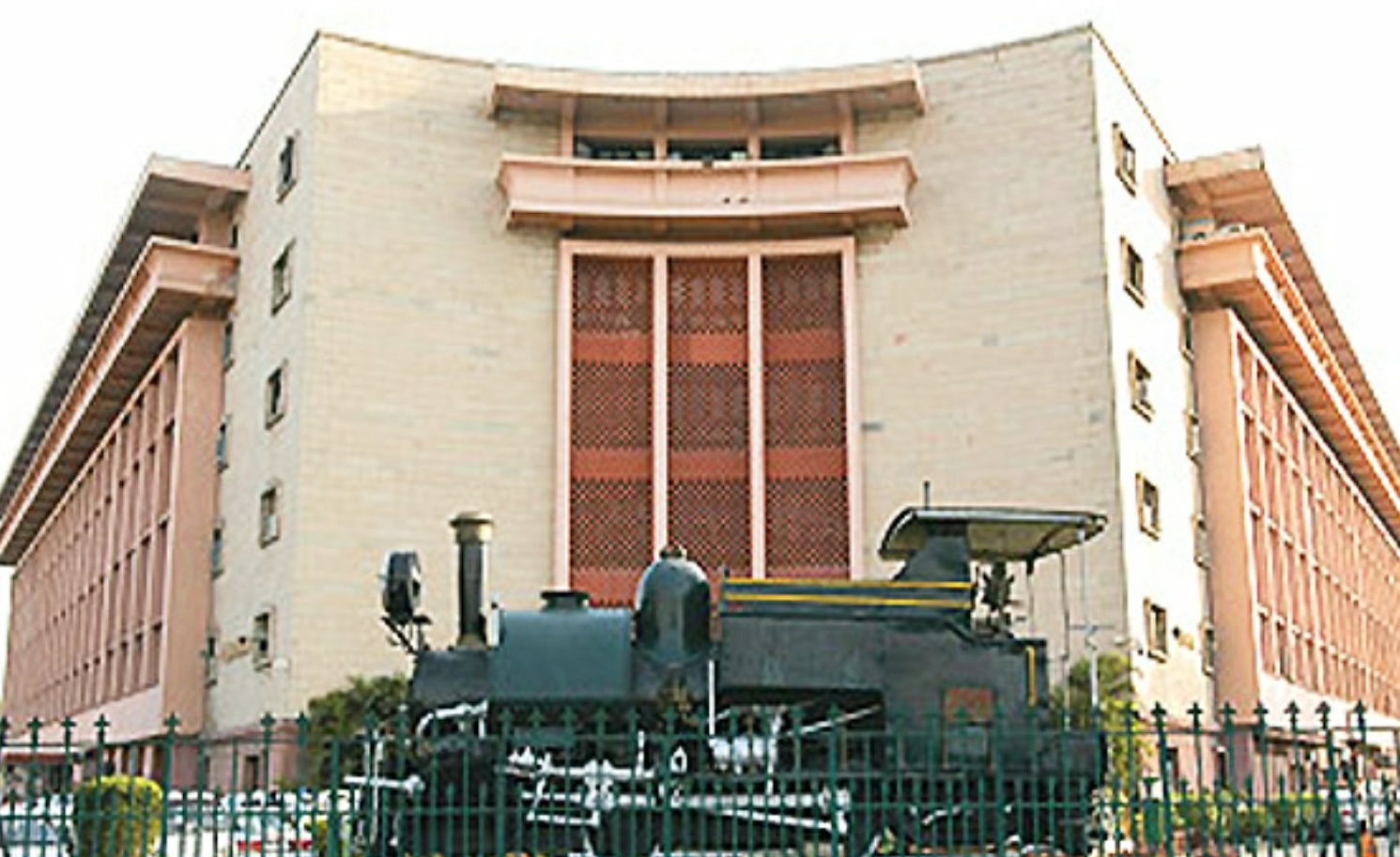Now, no one will have a stake in the merged service cadre in near future!
Indian Railways to merge all departments into one, it will be a must see how effective this will be!
The imminent move is expected to do away with departmentalism, which has allegedly adversely affected the efficiency and effectiveness of the functioning of the national transporter
Arun Kumar Das
New Delhi : After witnessing a bitter and constant departmentalism among its various departments, Indian Railways has finally undertaken a drastic path of reform to merge all its departments into one, barring health and security.
As per the decision, Indian Railways will have now only one cadre or service that is ‘Indian Railway Service’, instead of current eight services for various departments of Engineering, Traffic, Mechanical, Electrical, S&T, Stores, Personnel and Accounts.
The Railway Protection Force and medical department (IRMS) will not be affected in the latest cadre merger decision that has been sent to the Cabinet for its approval.
After merging Rail Budget into Union Budget, the cadre merger will be another big reform to do away with British legacy.
Besides, the Railway Board will be also downsized from its existing eight member body to just five and instead of Railway Board Members for Traffic, Rolling Stock, Traction and Engineering, the newly constituted Board will have Members for Operation, Business Development, Human Resources, Infrastructure and Finance.
Though the post of Chairman, Railway Board, will continue, there might be an outsider from civil services or an expert from the market will be considered to occupy the post, according to sources close to the development.
However, insiders are raising questions about the effectiveness of the drastic step of merging various departments into one.
There are certain intricacies of each job and how can two streams recruited differently can be merged? they ask.
The merger of traffic, accounts, personnel service with engineering, mechanical, electrical wings can be a disadvantage to the core functioning of Railways, they maintain.
Their argument is that Railways has an established working system, standard operating procedure right from the birth of Railways in India.
If it is diluted, then no one will have a stake in the merged service cadre, which can be disaster for the public transporter.
It goes without saying that the intense turf war between the mechanical and electrical departments has resulted in the complete halt of further manufacturing of the Vande Bharat Express rakes and pushed back the timeline of its schedule.
Those involved in the production of the first indigenous trainset are also facing a vigilance inquiry now.
After much dilly-dallying, Railways finally floated the tender on Friday, 21st December after prolonging the finalisation of specifications.
The imminent move is expected to do away with departmentalism, which has allegedly adversely affected the efficiency and effectiveness of the functioning of the national transporter.
Incidentally, Railways is currently reeling under heavy losses in passenger sector. Freight business is also falling short of its target growth. There was a shortfall of over Rs 21,000 crore by the end of November this year.
With the financial position not showing any recovery, the Railways authorities feel they had no other option but embark upon the reform to streamline its resources and downsize the overgrown Board.
Courtesy: News Click


